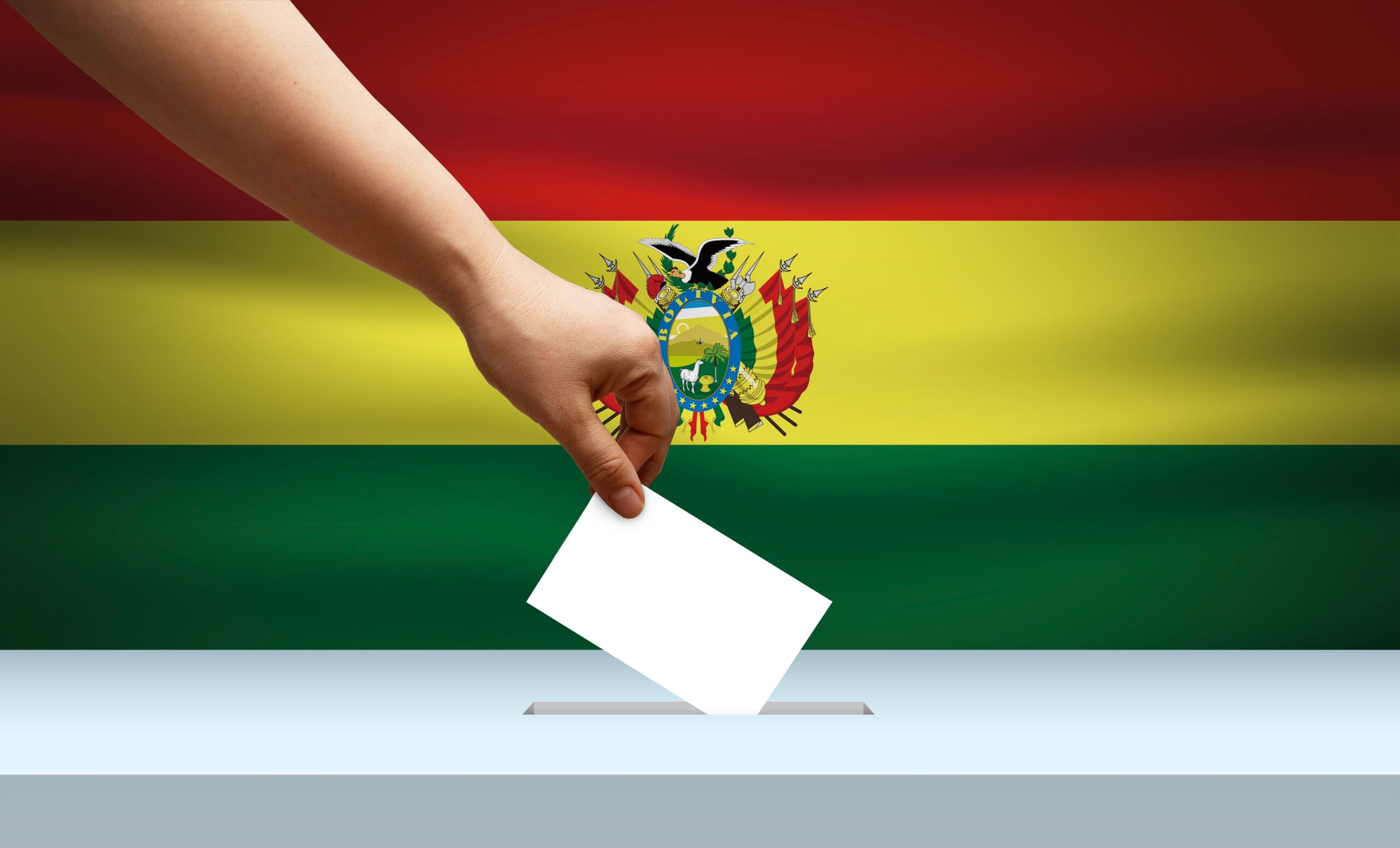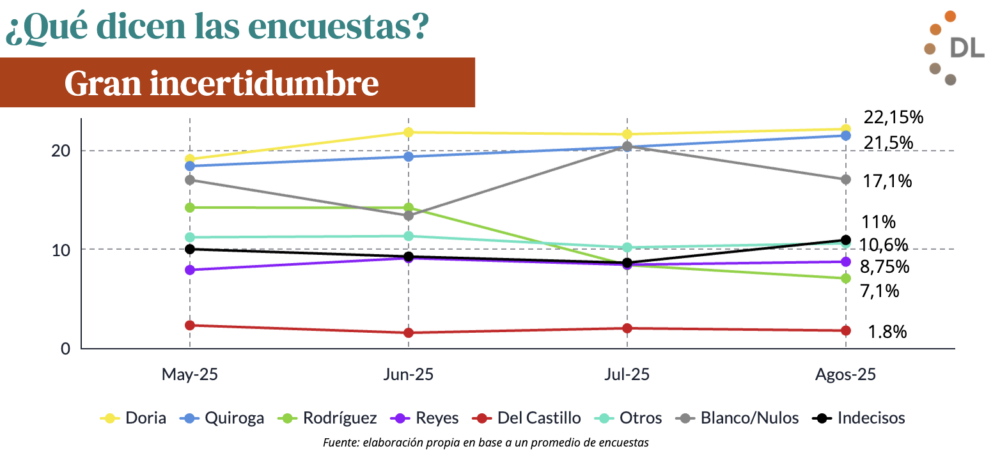Bolivia Votes Amid Political and Economic Crisis: Could Its First Runoff Election Be Ahead?

This Sunday, August 17, Bolivia will hold elections to choose its president and renew all seats in the Chamber of Deputies and the Senate. The elected authorities will take office on November 8, with mandates running until 2030.
The government of Luis Arce is reaching the end of its term, but he is not seeking re-election. The country’s economic crisis is compounded by his ongoing conflict with former President Evo Morales, which has divided the ruling party.
Although they were once allies, the dispute between Arce and Morales now seems irreparable. A central controversy is the legal prohibition preventing Evo from running for another term. The Constitutional Court confirmed in 2023, and reaffirmed this year, that indefinite re-election in Bolivia is not allowed (it is permitted only once and consecutively, with no possibility of a third term, even if non-consecutive).
Adding to this rupture, Bolivia faces an annual inflation rate of 24.8%, economic growth of only 0.73% in 2024, and shortages of dollars, fuel, and basic goods. In this climate of social unrest and protests, the election is shaping up to be open and uncertain, and for the first time, the MAS-IPSP could lose the control it has maintained since 2006, ushering in a new political chapter for the country.
Main Candidates
Projections indicate that conservative candidates Samuel Doria (Unidad) and Jorge Quiroga (Libre) are tied at around 22% of voter intention, far from the 50% needed to avoid a runoff. Meanwhile, Andrónico Rodríguez (Alianza Popular), Senate president and the main progressive candidate, faces difficulties consolidating support from his sector after distancing himself from Evo Morales, who has called for a “democratic rebellion” by promoting null votes.

If no candidate surpasses 50% of valid votes — or 40% with a 10-point lead — the country could hold its first-ever runoff on October 19.
In Congress, no party is expected to achieve an absolute majority, and MAS is on track to its lowest representation since its founding. Unidad, Libre, and APB would concentrate most of the seats, with the possibility to push through structural reforms.
With a divided electorate, a fragmented Congress, and a tense economy, Bolivia is preparing for an election day that could redefine the political landscape that has persisted for nearly two decades. Sunday’s results will determine not only who governs but also how the country will face the next five years.
